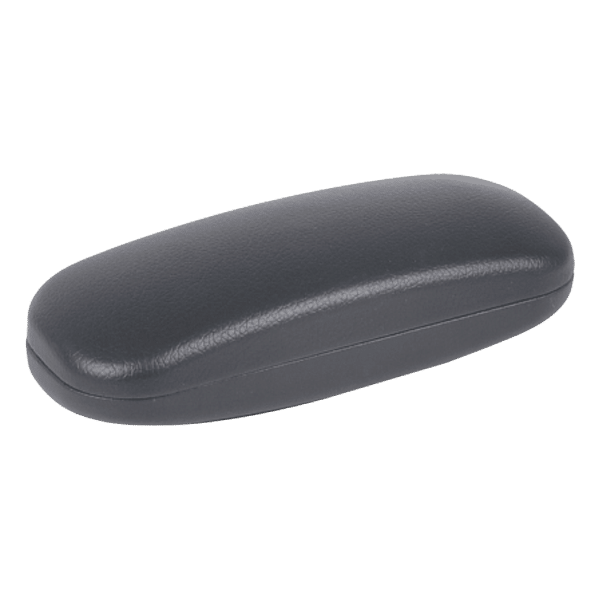Sustainability has become a fundamental pillar of modern industrial practices within the rapidly changing manufacturing landscape. Once heavily dependent on virgin plastics, the plastic spectacle case industry is now leading a significant transformation. This shift is propelled by the growing demand for eco-friendly products and the urgent need to reduce environmental impact. At the heart of this evolution is the innovative incorporation of recycled materials, which is not only revolutionizing the manufacturing process but also altering consumer perceptions.
Recycled plastics are now at the forefront of sustainable manufacturing. By repurposing post-consumer plastics, manufacturers can reduce dependence on non-renewable resources and substantially lower the carbon footprint of production. This process starts with the careful collection and sorting of plastic waste, followed by thorough cleaning and processing of raw materials. These materials, often indistinguishable from virgin plastics, are then used to produce high-quality spectacle cases that adhere to stringent industry standards.
The benefits of using recycled materials
The benefits of using recycled materials go beyond environmental preservation. For manufacturers, the transition to recycled plastics can result in long-term cost savings. Amid global market fluctuations, the availability and price stability of recycled materials provide a safeguard against the volatility of raw material costs. Additionally, incorporating recycled materials into production often drives technological advancements, spurring innovation across the industry.



Maintain Quality
However, the path to sustainability is not without its challenges. Maintaining the quality and consistency of recycled plastics demands advanced processing techniques and rigorous quality control. Additionally, manufacturers face the complexities of supply chain logistics to ensure a reliable supply of recyclable materials. Despite these obstacles, the commitment to sustainability remains strong, fuelled by regulatory pressures and growing consumer demand for eco-friendly products.”
The sustainability narrative in plastic spectacle case manufacturing is incomplete without considering the broader implications of reuse and recycling. Consumers are vital players in this ecosystem. By returning old spectacle cases for recycling or finding alternative uses for them, individuals help sustain a circular economy. Creative repurposing of plastic items can range from DIY crafts to practical household applications, extending the life of products that might otherwise end up as landfill waste
Conclusion
In conclusion, incorporating recycled materials into plastic spectacle case manufacturing represents a significant move toward sustainability. This shift underscores a collective dedication to environmental stewardship, innovation, and economic resilience. As the industry evolves, the collaboration between manufacturers, consumers, and regulatory bodies will be vital in promoting a sustainable future. By adopting recycled materials and advocating for reuse, the plastic spectacle case industry is not only protecting the environment but also setting the stage for a more resilient and responsible manufacturing model.
We, Specta Case understand our responsibility and respect the environment, promoting sustainable development as a good citizen.
We respect the environment, promote sustainable development, and act as a good corporate citizen this runs through our team’ daily.
